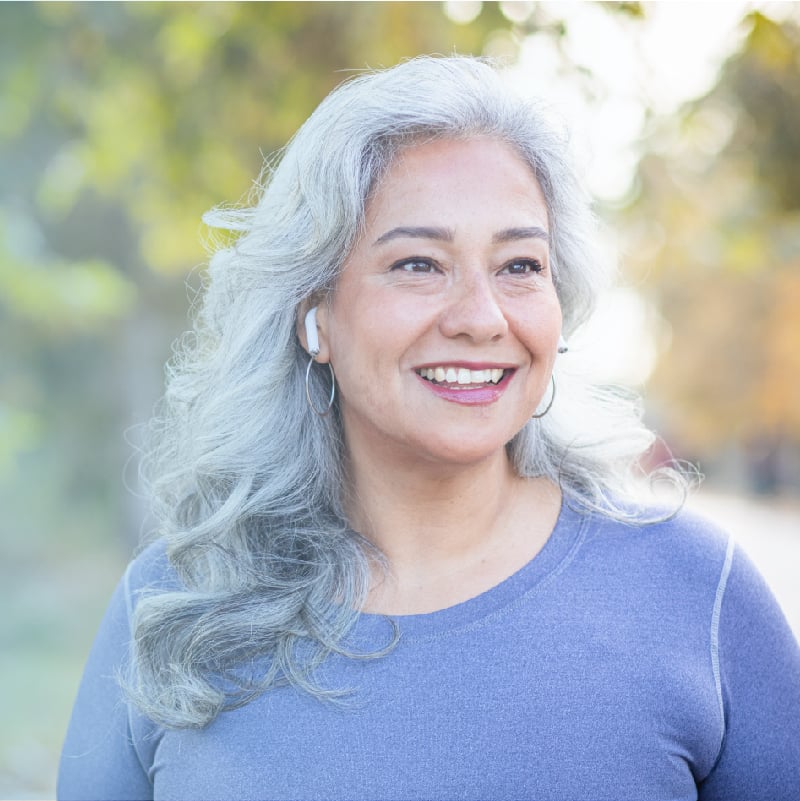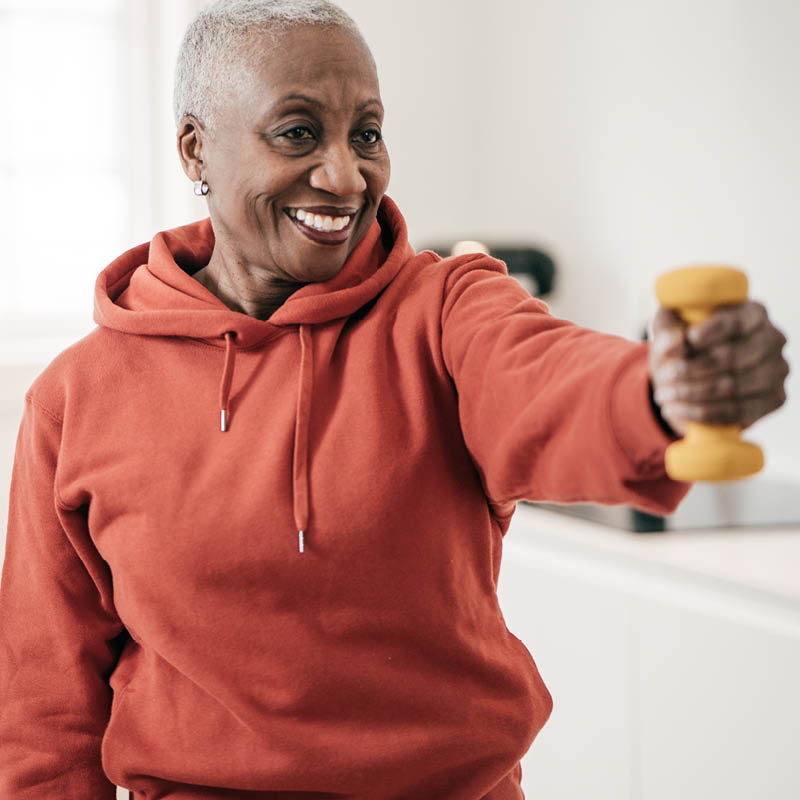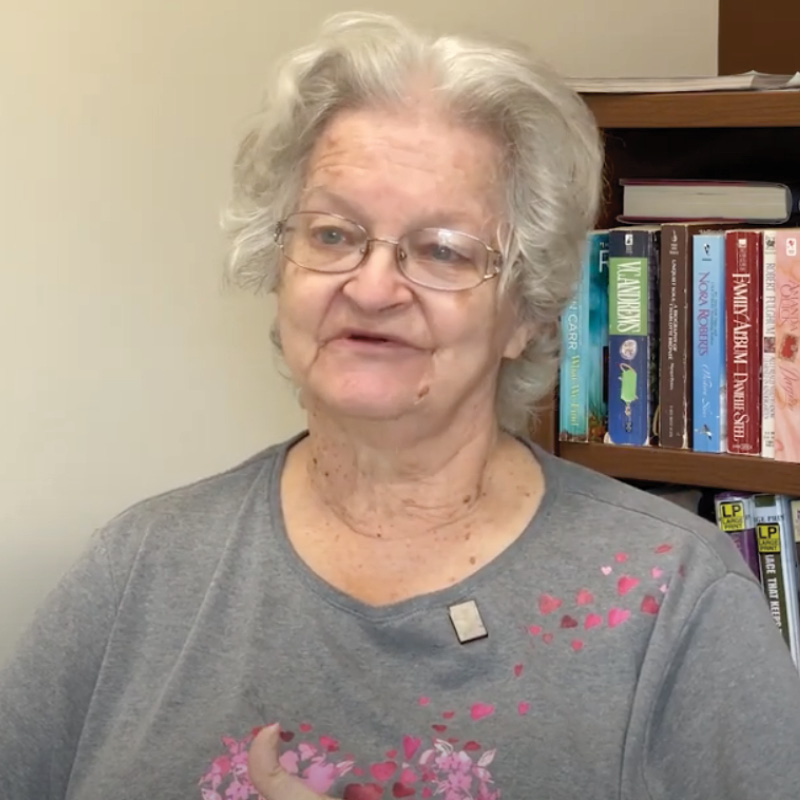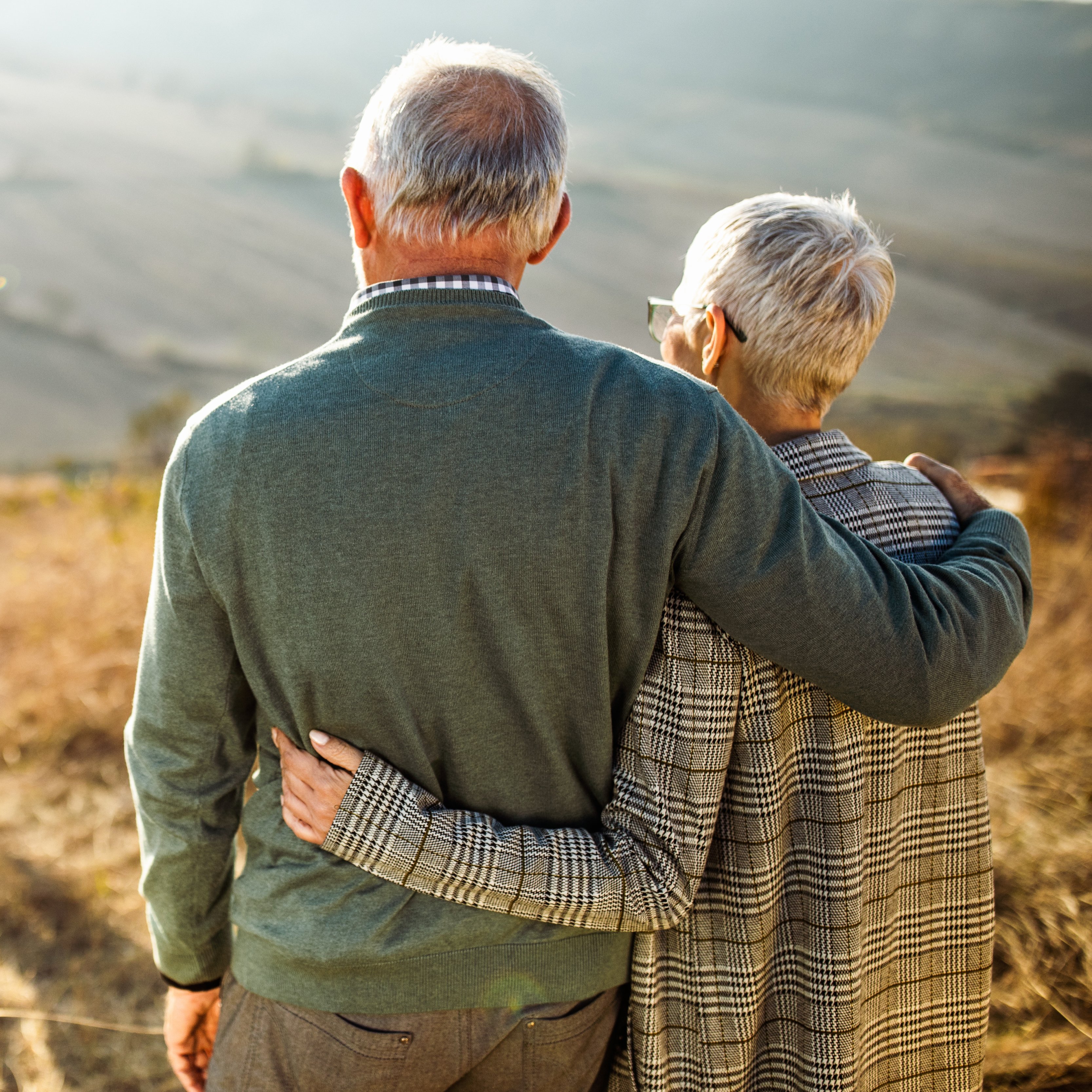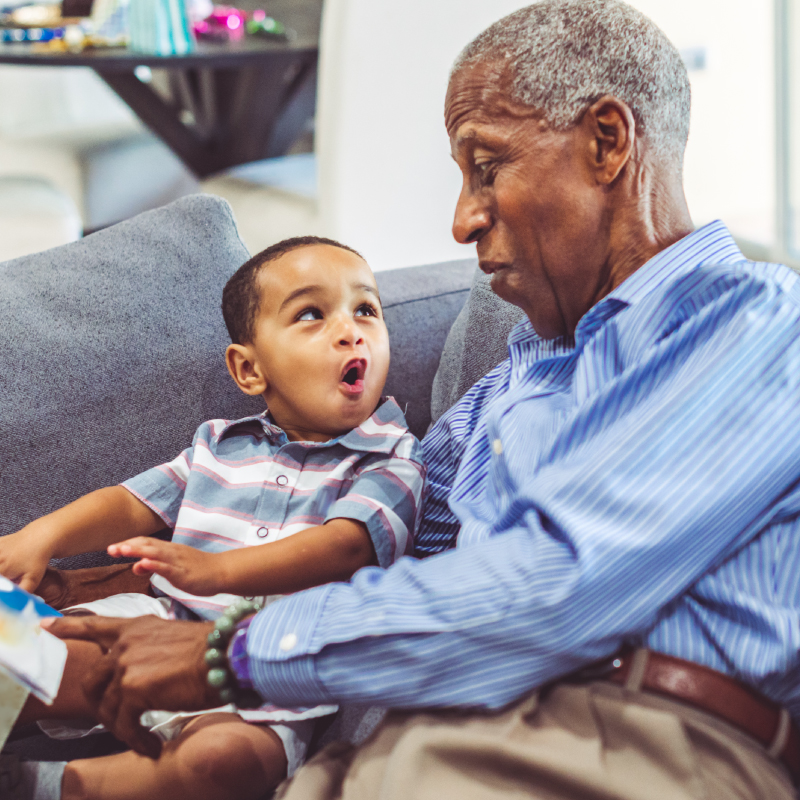For those who are caregivers to an older family member or close friend, providing medical support and helping with basic daily functions is often a genuine privilege - and a physical and emotional challenge.
When these caregivers are asked to describe their own health, a recent report by AARP and the National Alliance for Caregiving (NAC) showed just 10 percent described their health as excellent. These challenges can often lead to feelings of burnout.
Crystol Mihaly, LMSW, is the Director of PACE Operations at ElderONE, and discusses how to recognize burnout in yourself or others, and where to look for support.
What can cause caregiver burnout?
According to the recent AARP and NAC report on caregiving in the U.S., 36 percent of family caregivers characterize their situation as highly stressful.
Balancing the roles of family member and caregiver can be difficult, especially as the lines between the roles blur. Burnout can slowly build up for caregivers, who may experience the feeling of a lack of control while trying to balance their own life and its demands, along with the care needs of their aging loved one.
“When someone transitions from family member to caregiver, it is hard to have a therapeutic relationship,” Mihaly said. “It can be exhaustive – emotionally and mentally – and affects their physical health, as well.”
Signs of burnout
Whether caregivers recognize it themselves or a loved one starts to notice, these can be some early signs pointing toward burnout:
- Short temper or general frustration with how care is handled
- Illness from lack of self-care
- Social withdrawal
- Depressive symptoms
- Lack of sleep
Knowing what to look for can be a big part of identifying any potential problems before they start to have a significant effect on caregivers.
Preventing burnout and finding support
A good first step in preventing burnout is regularly using the caregiver self-assessment questionnaire recommended by the American Medical Association and the American Psychological Association. It is a way for caregivers to keep track of their own health and may help indicate when they need to seek support for themselves.
Organizations such as Lifespan and New York Connects can help with accessing a wide variety of support and resources, ranging from counseling to respite services. Support organizations such as these also recommend starting with small ways of coping with the stress of being a caregiver:
Allow for breaks: Even if it is an hour or two a couple times a week, caregivers often need some time away. Support services through PACE programs like ElderONE allow eligible individuals to have respite services - providing older loved ones with the assistance they need while their caregivers get the time they need to recharge.
Physical activity: Science shows regular movement and exercise helps to improve mood and health. Taking the time for a short walk, bike ride, or other activity can make a big difference.
Have a plan B: Feeling like you are the sole person responsible for another person’s wellbeing is a heavy emotional weight. Caregivers should create a plan with another family member or a social worker so there is someone else ready in case they are sick or have an emergency.
Finding connections and getting needed support and assistance can be life-changing. Experts advise caregivers to ask for help wherever they can.
Social groups: Other caregivers are often in similar situations and meet to talk, either in-person or virtually, about their experiences. Having another person to affirm your feelings or simply listen can make a world of difference.
Rochester Regional Health offers support groups for Alzheimer’s caregivers, as well as general caregivers. Lifespan and New York Connects offer other connections to social groups.
Elder law attorney: Having a conversation with an attorney practicing elder law can help to ease some of the stress surrounding financial concerns. Determining what qualifies under Medicaid, planning estates and wills, and identifying elder abuse or fraud all fall under their expertise.
“Everyone’s situation is different and giving yourself grace is key,” Mihaly said. “Reaching out for assistance allows you to be in a better place to provide the best quality care. Even knowing that there are options out there if you need them is immensely helpful.”


